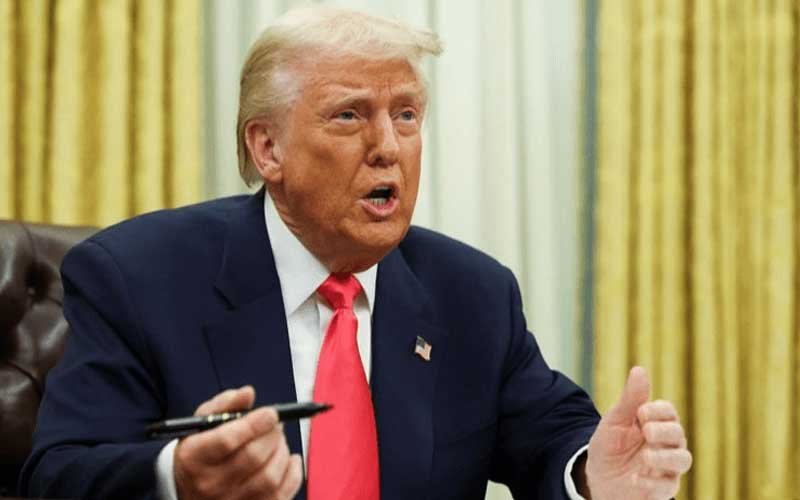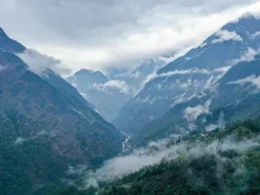The Trump administration has ordered social media checks for all US visa applicants who visited Gaza after January 1, 2007, as reported by the international news agency Reuters.
According to the reports, the State Department cable instructs US embassies and consulates to examine social media activity of anyone linked to Gaza, regardless of trip length or reason.
This policy applies to both immigrant and non-immigrant visa applicants, including aid workers, NGO staff, and diplomatic visitors to the Palestinian territory.
Officials must seek a Security Advisory Opinion (SAO) if online posts suggest a possible national security risk, triggering deeper interagency investigations into the individual.
The cable, dated April 17 and signed by Secretary of State Marco Rubio, reflects the Trump administration’s strict stance on immigration and foreign policy dissent.
Rubio said last month that more than 300 visas have already been revoked, targeting those he believes pose risks to American interests and values abroad.
READ: Trump’s visa policy not Pakistan-specific: US diplomat
Under a 1952 law, US authorities can revoke visas if an immigrant is deemed harmful to national interests or foreign relations, regardless of legal status.
Trump officials say students who express support for Palestinians or criticize Israel may face deportation, calling such actions threats to US foreign policy.
Critics, however, argue the move violates First Amendment rights, warning that freedom of speech is being suppressed based on political beliefs and ethnic backgrounds.
Follow us on our Official WhatsApp channel
Among the most widely publicized of such arrests was one captured on video last month of masked agents taking a Tufts University student from Turkey, Rumeysa Ozturk, into custody.
When asked about Ozturk at a news conference last month, Rubio said: “Every time I find one of these lunatics, I take away their visas” and he warned there would be more individuals whose visas could be revoked.
The State Department declined to discuss internal orders but defended the vetting process as a necessary national security tool that begins at application and continues afterward.












